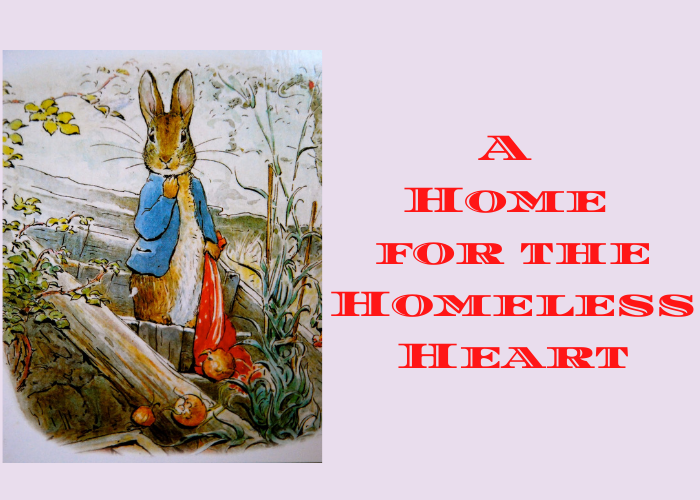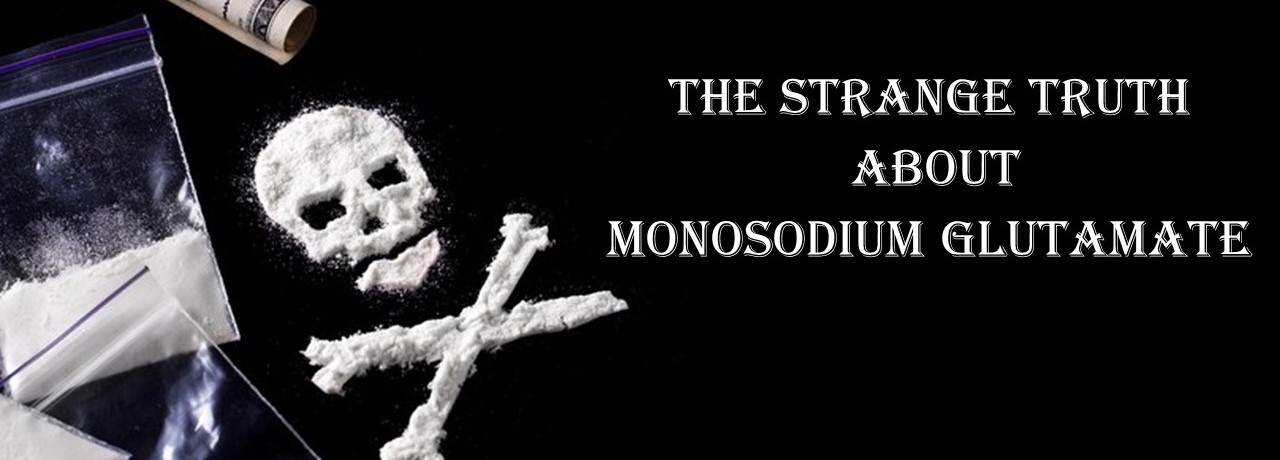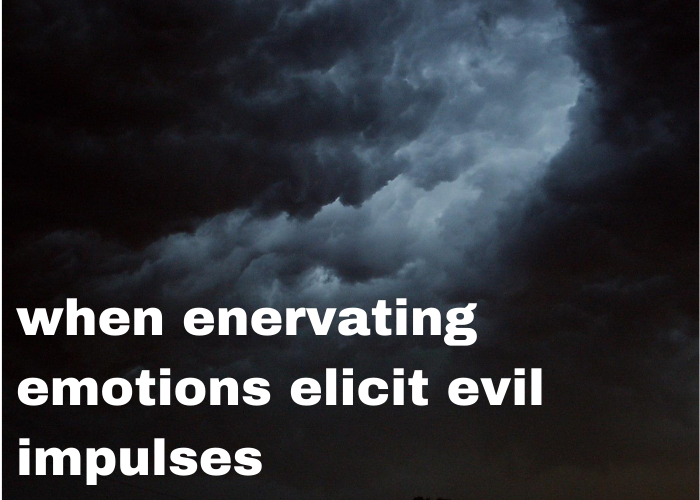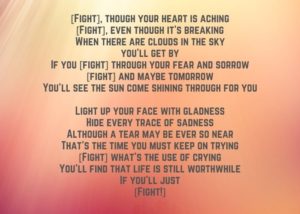
Psalm 68: 5-6 “Father of the fatherless and protector of widows is God in his holy habitation. God settles the solitary in a home; he leads out the prisoners to prosperity, but the rebellious dwell in a parched land.”
Have you ever felt displaced? Alone? Abandoned? Have the comforts you knew fled, never to return?
I saw her picture on social media. Her family needed to find her a new home and I knew how hard it would be. First, not many people want a rabbit. Second, people don’t know how to take care of one. Third, who wants an older rabbit? I said a quiet prayer for her and moved on. Ever since my rabbit, Laddie, passed away three years ago, I have not wanted another bunny. He was a one in a million friend. And besides, I’m busy and don’t want to clean up rabbit poop.
A week passed and I saw her picture again. I knew the family was getting desperate and I had a feeling she didn’t have much time left. While there are plenty of good rabbit rescues (The House Rabbit Society, for instance) I felt a twinge in my heart that said she needed me—not someone else. So, I offered to take her.
She arrived with much anxiety and fear. She thumped and jumped—alerting me to her mental state: terrified! Her family explained that she had been a dear friend of their children and so I asked my son to pet and comfort her (because she wanted nothing to do with me). She calmed for a bit, only to rear up when he departed her vicinity. I tried to give her lettuce but she refused to eat. Nothing I did helped. So, I covered her cage with a dark towel and let her mourn.
Like people, animals grieve. They lament. They despair. And while we cannot see into the corners of their hearts, nor can they communicate what they feel, their behavior gives us a small glimpse into their world. So, when she got done being sad, she went on a rampage. My husband said, “Why is that rabbit so angry?” I told him the truth: she misses her family. She thinks they abandoned her.”
My friend has been living out of her car for two years. She was rejected by her husband. He divorced her and threw her out of his house. To make matters more painful, she was rejected by her daughter—who chose to stay with her ex. For a while, she camped out in parks, but when colder weather set in, fled to her native land: China. This year however, things are different. She is afraid to fly on a plane in close proximity with potentially infected people. So, she hovers on the fringes of society, isolated and alone. I reach out to her every so often to make sure she is okay. This past week I sent her a text message.
“I love you. Are you okay?”
She responded. “I love you too. I am ok.”
I typed, “Where are you?”
She said, “Near by you.”
So, I invited her to my house and she came.
Her English is not so good but we are patient and work through the challenges. Sometimes we use pictures from our phones when words fail, and other times we smile and nod. It is enough to be near each other and find solace in friendship. This visit is different. People don’t necessarily need words to express pain.
She kept apologizing for her tears as she described the past few months. Her beloved companion, a little Bichon Frise, passed away from old age. She was isolated—unable to “make new friends” because of the virus. She said, “People are afraid and angry. They don’t talk to me.” When I encouraged her to find work, she said she doesn’t want to get a job. She would rather live in her car than pay for rent. Sometimes she hides in a storage area with the remnants of her former life, but there is no heat or electricity. She feels utterly alone. I don’t know if it’s a cultural thing, but she was unable to contain her sorrow. She wailed and wept as she spoke. Her tears soaked into her mask though she dabbed at her eyes with a paper towel. I listened and ached with her. Then I told her she must stay. I said, “My home is your home.”
This year has been difficult for many people. Many of us put on a good front but old addictions have flared, grief has overwhelmed, and fear has infected our souls. We wake up and think, “Is this really happening to me? Is this the world I live in? What happened to the beautiful days of old? I miss my family. I miss my old life.
None of us are immune. We have all been impacted in some way.
Elisabeth Elliott defines suffering as “wanting what we don’t have and having what we don’t want.” That could be our refrain for 2020. But I choose something more hopeful.
“Blessed be the Lord, who daily bears us up; God is our salvation. Our God is a God of salvation, and to God, the Lord, belong deliverances from death.” – Psalm 68:19-20
While my faith sometimes feels flimsy, God is strong. When my emotions overwhelm me, God comforts. When isolation incapacitates, The Lord of the universe condescends to greet me with words of compassion. When my eyes look on the desolation of the land and the hopelessness of our situation, I take refuge in the rock of my salvation. This is no fairy tale; he is real. I cannot put my trust in the things of this world because they are all “passing away.” Everything around me is dying—but God is everlasting life and light to those who believe. His love is absolute and all encompassing. No matter what happens—He is with me.
I named the rabbit Miss B. (It might have had something to do with her temperament.) But the “B” really stands for Beatrix, after the beloved children’s author, Beatrix Potter. I read her stories as a child and was enchanted by Peter Rabbit and his host of friends. I have persistently pursued Miss Beatrix Bunny and am finally earning her trust. Like me, the way to her heart is through her stomach. She doesn’t care for lettuce but seems to like rolled oats. I even got her to try a dried apricot—Laddie’s favorite!
- I am afraid!
- I am alone.
- I want to trust you.
- Sweet oats of gladness!
My human friend only stayed one night but she has a standing invitation. While our home is not large, I want it to be a place of refuge. I have prayed for her and will continue to do so. God has promised to settle the solitary in a home.
Today, if you are struggling, take heart! You are not alone. You are not forsaken. You are loved! And I pray you find peace in the most unlikely of places—home!
“God is our refuge and strength, a very present help in trouble. Therefore, we will not fear though the earth gives way, though the mountains be moved into the heart of the sea, though its waters roar and foam, though the mountains tremble at its swelling.” – Psalm 46








